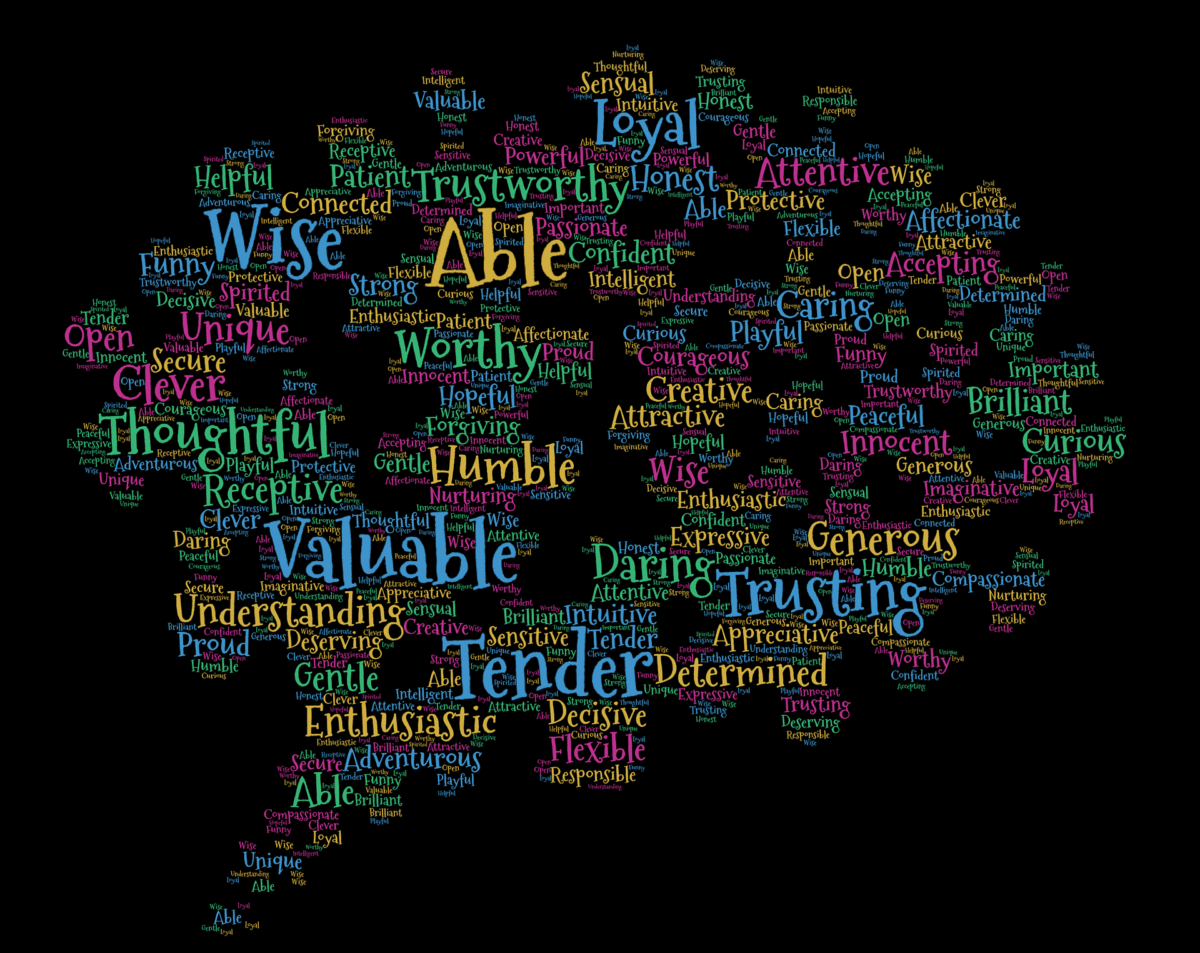Richard Davidson, Founder and Director of the Center for Healthy Minds, recently addressed the Mindful Healthcare Summit on the topic The Science of Resilience. Richard, an internationally renowned neuroscientist, stated that his research and that of his colleagues has convinced him that we can shape our brains in a way that builds resilience and helps us to flourish rather than be tossed around “like a sailboat without a rudder on a turbulent sea”. Richard is the co-author with Daniel Goleman of the book, Altered Traits: Science Reveals How Meditation Changes Your Mind, Brain, and Body.
What is resilience?
Richard defines resilience as “the rapidity with which you can recover from adversity”. Linda Graham described this trait as “bouncing back“. Richard stated that neuroscience can actually measure the rapidity of recovery by exploring (through brain imaging) two key aspects of the brain that feature in dealing with stress or adverse situations, (1) the level of cortisol released by the brain and (2) the degree to which the amygdala is activated.
He highlighted the brain’s plasticity as proof that we can train our minds and take more responsibility for shaping our brains and determining the direction of our brain plasticity – which most of the time occurs unwittingly through forces external and internal to ourselves. The key is to understand how our brain develops resilience and to make a commitment to shape our brain in a way that builds wellbeing rather than diminishes it.
How to shape our brain to build resilience
Richard suggests that to actively build resilience we need to develop in four key areas through focused meditations and aligned action:
- Awareness – he describes this as attention to our own bodies and the tension within. Mindful breathing and body scan can help to develop this awareness and related ability to be grounded in our bodies. Calmness and clarity emerge from this aspect of shaping our minds.
- Connection – having and nurturing harmonious and supportive relationships that provide an effective buffer for us when we are feeling stressed and overwhelmed. Meditations that can help build social connection are the loving kindness and gratitude meditations. Positivity, expressions of appreciation and empathy can nurture these relationships.
- Insight – an in-depth knowledge of our personal narrative/self-story that generates negative self-evaluation and false beliefs that contribute to a lack of resilience and depression. We have to recognise these self-beliefs as merely thoughts, not reality. Meditations such as the R.A.I.N. meditation, S.B.N.R.R. process and reflections on resentment can help us shift this narrative from negative thoughts generating self-defeating emotions to a positive narrative that is enabling and builds resilience in the face of setbacks or adversity.
- Purpose – clarity about life purpose, and alignment of words and actions with this purpose, enable us to surf the waves of daily life and to manage the vicissitudes that inevitably disturb our equilibrium. Bill George describes your purpose as your True North and offers ways to discover it. In a previous post I offered a series of questions to help find your unique purpose and a path of action to pursue that purpose.
Developing a permeable self
Richard stated that the aspect of “insight” mentioned above is a key component of resilience. We tend to develop a fixed and stable view of our self which causes us problems in conflicted situations. It is this “fixed identity” that becomes challenged when our emotions overflow, especially when they “bleed” from one adverse interaction into another encounter. We need to be able to “shake loose the rigidity” by making our sense of self more permeable – open to new experiences, insights and feedback.
As we grow in mindfulness through exploring different forms of meditation on a consistent basis, we can develop a more balanced and permeable view of our self. We can build our resilience and wellbeing through developing awareness, connection, insight and purpose.
____________________________________________
Image by John Hain from Pixabay
By Ron Passfield – Copyright (Creative Commons license, Attribution–Non Commercial–No Derivatives)
Disclosure: If you purchase a product through this site, I may earn a commission which will help to pay for the site, the associated Meetup group and the resources to support the blog.

2 thoughts on “Shaping Our Brains to Build Resilience”